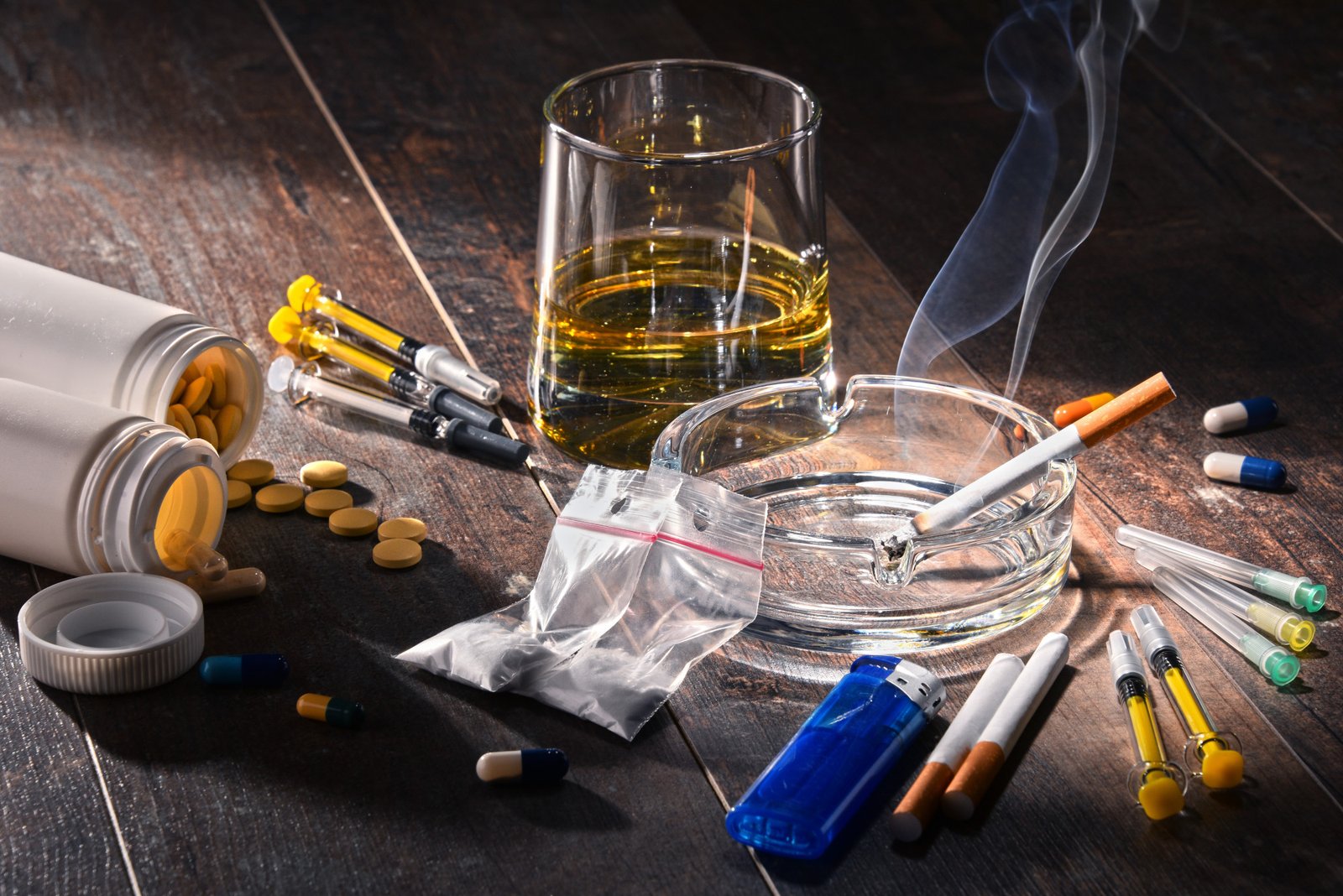For decades, combat-related PTSD has been a source of concern for our military.
Like all forms of mental illness, PTSD can be difficult to manage during the best of times. When those diagnosed with the disorder also face drug abuse problems, the result can be a dangerous and downward spiral. This condition affects millions of people all over the world, including military veterans.
A veteran with PTSD who is also addicted to drugs or alcohol may struggle to find help. This can mean they find difficulty in accessing the treatment they need.
Do you know a veteran who is dealing with PTSD and substance abuse? Read on, and we’ll help you better understand what this can mean for a veteran’s health and well-being.
Contents
What Is PTSD?
PTSD means Post-traumatic Stress Disorder. It is a mental health disorder that can develop after a person is exposed to a traumatic event. It can occur in veterans and others who have gone through a traumatic event.
Substance abuse is a common symptom of PTSD, and veterans are especially at risk due to the stressful conditions of military life. People with PTSD often use drugs and alcohol to cope with their symptoms. This can create a vicious cycle of addiction, depression, and anxiety.
How to Identify Substance Abuse in a Veteran
Substance abuse is a serious problem that can occur alongside PTSD. It can sometimes be a form of self-medication for those suffering from PTSD. This is why it’s important to identify when a veteran is struggling with substance abuse.
Signs of substance abuse may include loss of interest in activities they once enjoyed, avoiding social situations, and isolation in general. If they are using substances to cope, they may appear hungover more frequently or always have the odor of alcohol on their breath. Denial of the problem can be common, so those close to them should look for changes in mood, behavior, and appearance.
Treatments Available for PTSD and Substance Abuse
Treatment for PTSD and substance abuse in veterans requires a multi-disciplinary approach. This may include therapy, medication, and support from family and friends. In some cases, veterans may also need to attend addiction treatment programs to help them overcome their drug addiction. Visit here for more information on rehab and effective treatment programs for this condition.
Cognitive-behavioral therapy (CBT) is a type of therapy that can be particularly effective for the treatment of this condition. CBT helps veterans to understand the connection between their thoughts, feelings, and behaviors. It provides them with strategies for coping with their symptoms.
In addition, medications such as antidepressants and anti-anxiety drugs can be helpful in treating the symptoms of PTSD and drug addiction. However, it’s important to note that medication should always be followed along with therapy, as it’s not a substitute for effective treatment.
Prevent Substance Abuse in Veterans With PTSD -Take Action Today!
PTSD and substance abuse are serious issues that affect many military veterans. If you or someone you know is a veteran struggling with this condition, it’s important to seek help.
With the right support and treatment, veterans can overcome these conditions and live fulfilling lives. By understanding the link between the two, we can help veterans to get the support they need and break the cycle of addiction and trauma.
Did you find these tips helpful? Keep browsing our site for more articles.



